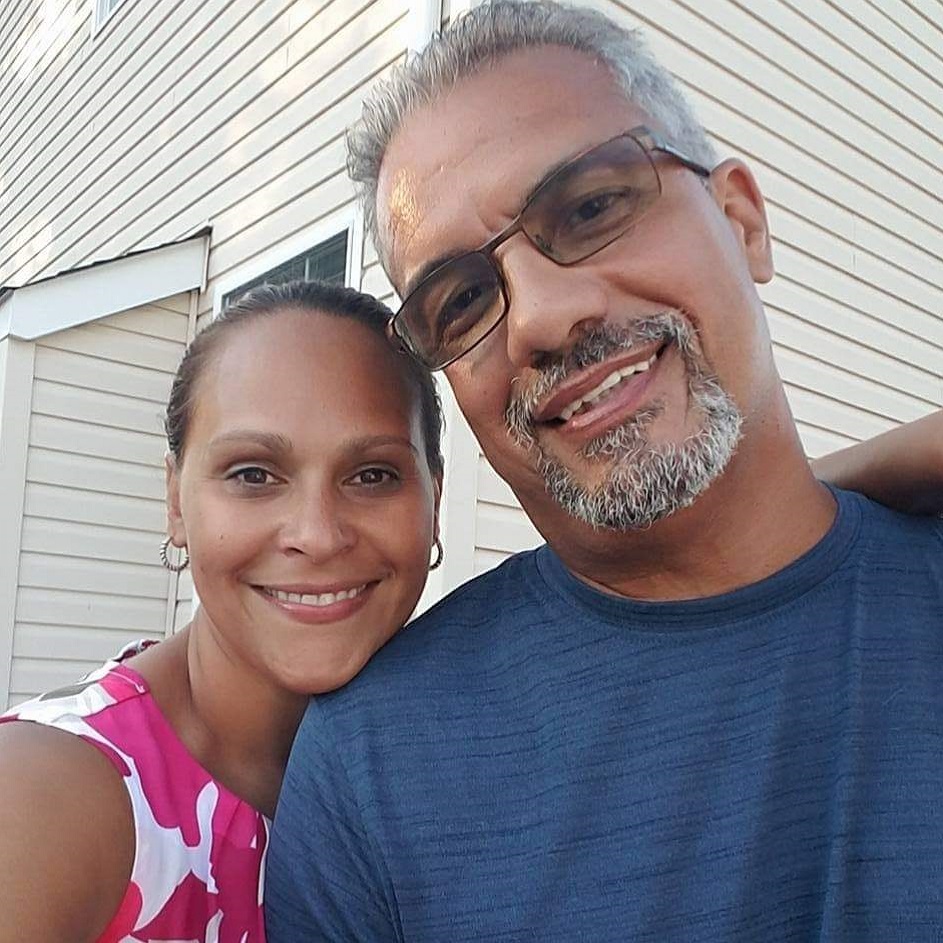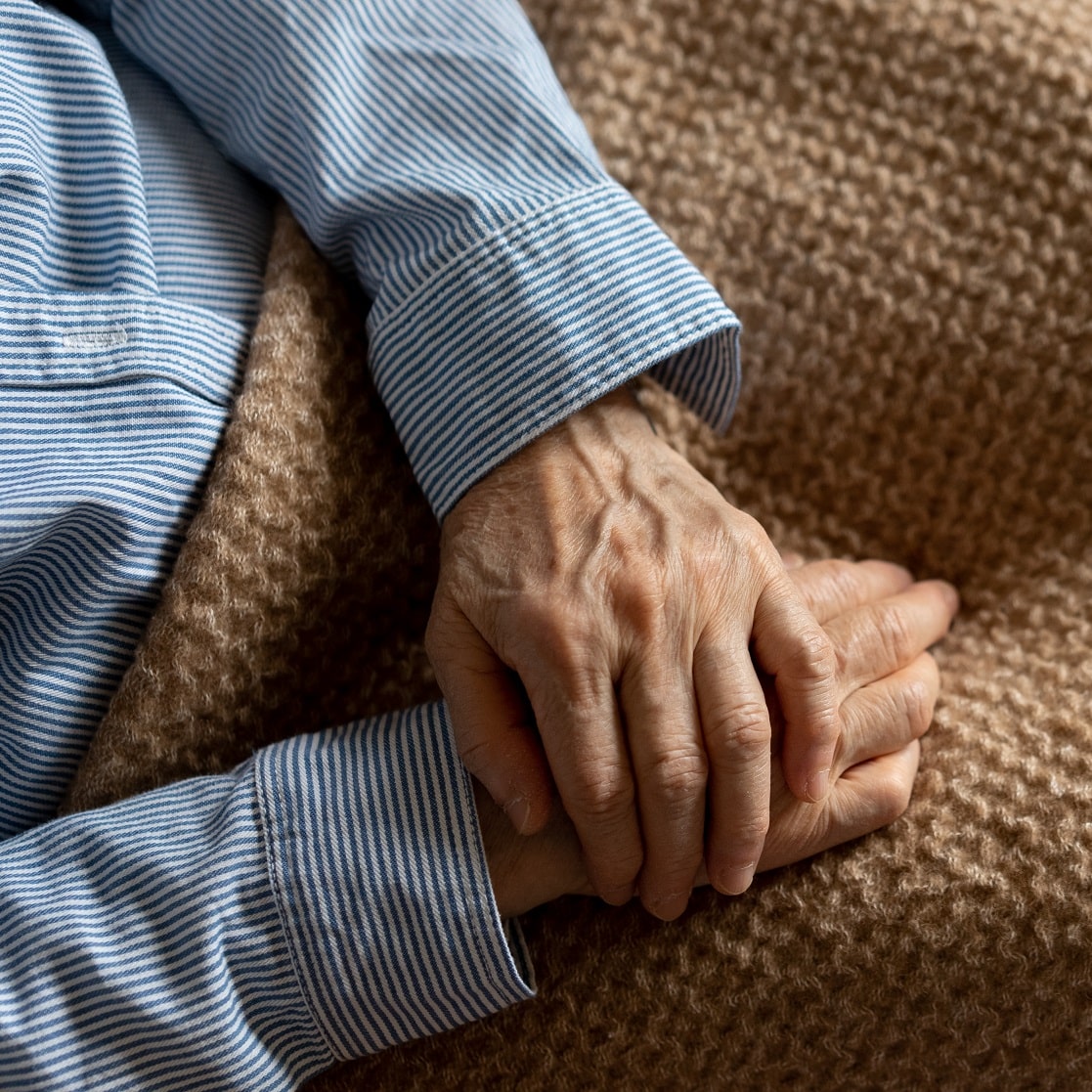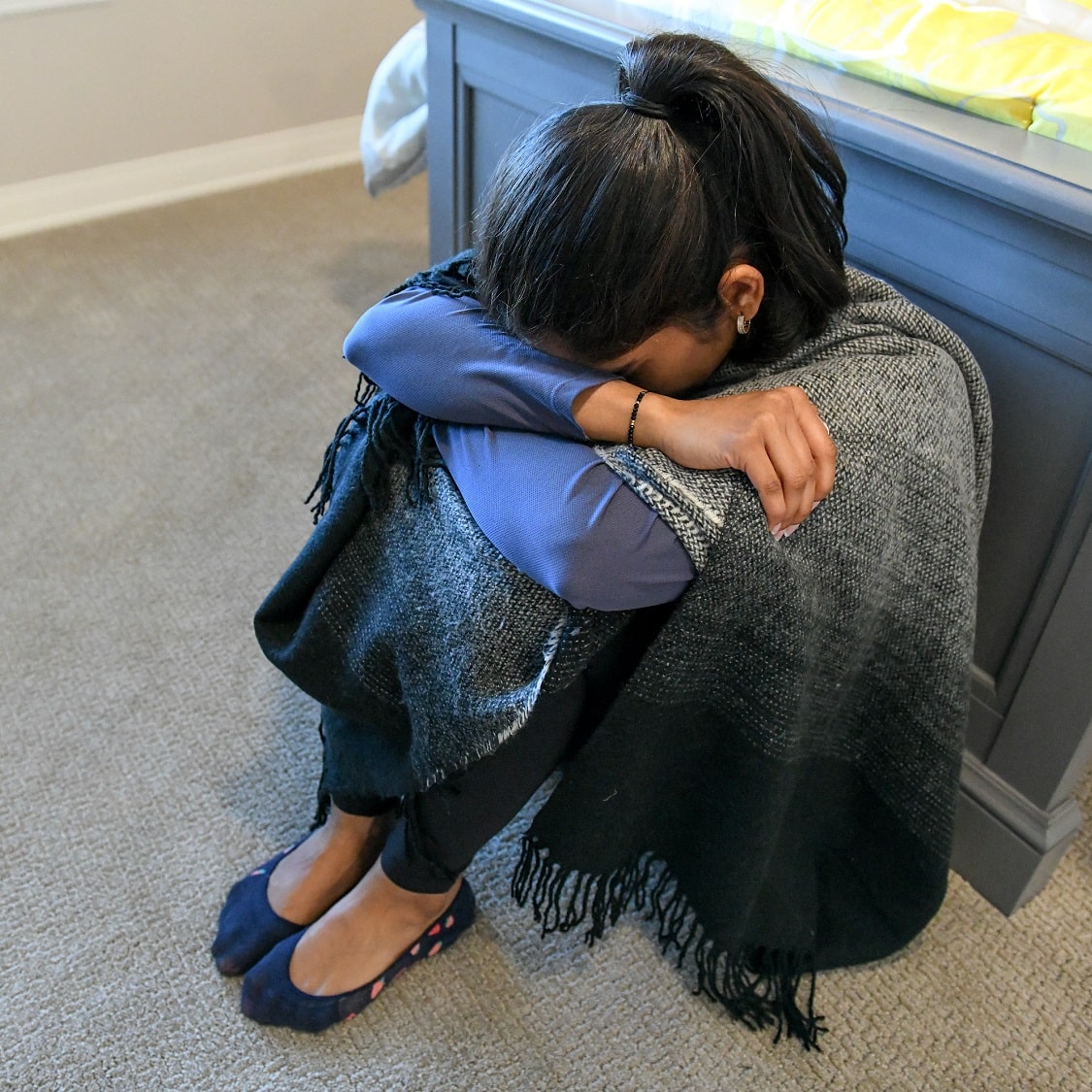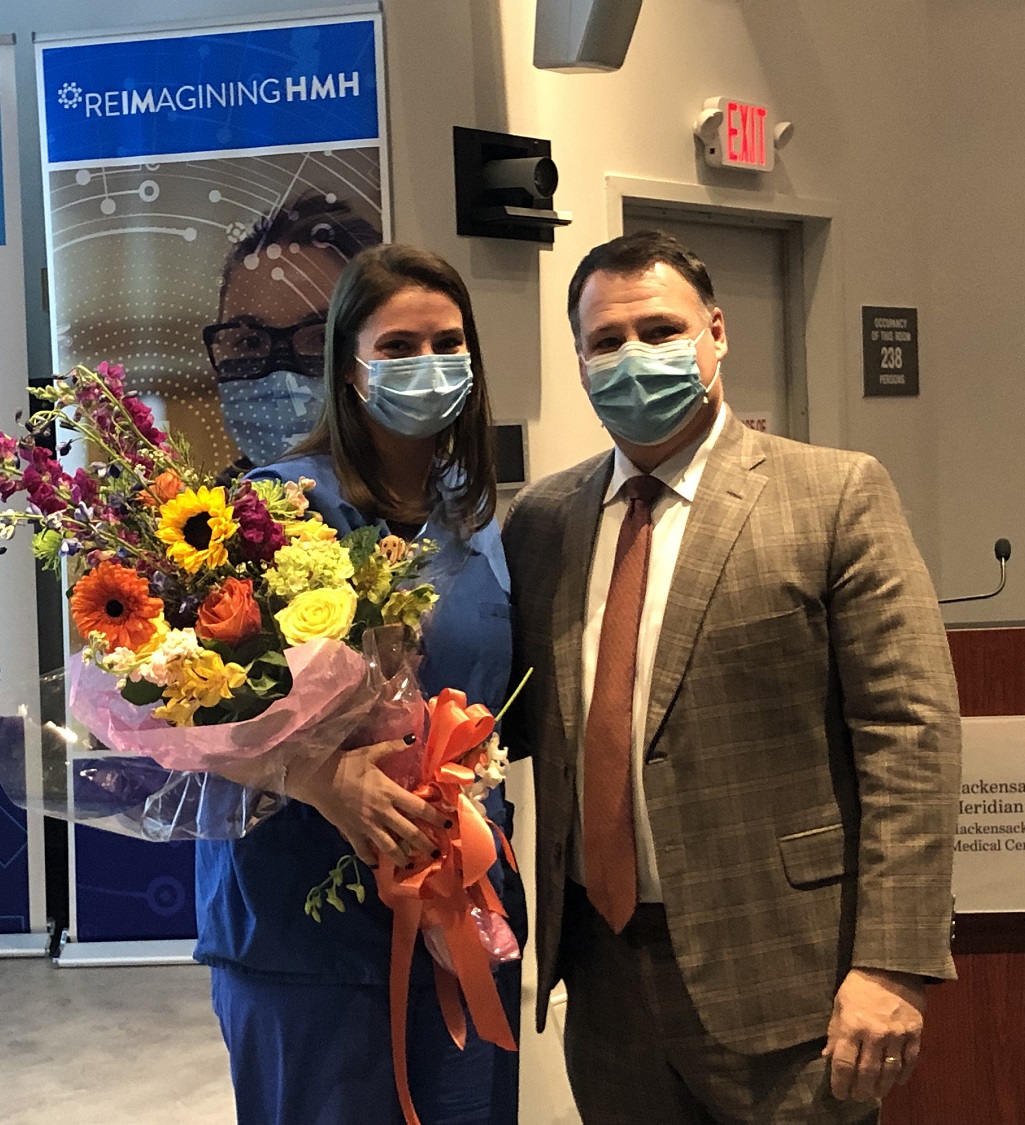Why Today is the Day to Make a Living Will

June 09, 2022
A living will, also known as an advanced directive, is a legal document that outlines what you want your medical team to do if your health declines to a point where you can’t communicate your wishes. For example…
If you stop breathing, but your heart is still beating, do you want the medical team to keep you alive?
If you can no longer eat or drink by mouth, how do you want the medical team to care for you?
These are difficult and uncomfortable things to address. While it may seem so much easier to ignore the conversation all together, everything will be better in the long run if you make these decisions with your loved ones when you’re fully able.
Why now?
Your family: If you’re living with a serious illness or medical condition, your family is already dealing with so much. Emotions are high, and they have to make very hard decisions on your behalf.
“When there are a lot of people involved and they don’t know the direction of care the patient wants, it makes the situation much more difficult for everyone involved,” says clinical social worker, Stephanie DePiano. “It can create a lot of family angst when decisions aren’t agreed upon.”
By putting your wishes in writing, it is one less thing that burdens your family.
“There’s much less survivor guilt if a family knows they are honoring your decisions,” adds Stephanie.
Your personal wishes: You’re the only person who can accurately define what ‘quality of life’ means to you. If you know what makes you happy, put it in writing. It’s the only way to ensure that your end of life care is the way you want to experience it.
“If I am not awake and aware of my surroundings, unable to interact with my loved ones, cuddle my dogs and eat my favorite foods, I don't want to be kept alive. For me, this is what I consider quality of life,” says Stephanie.
But everyone’s wishes are different. “Honoring them is so important, even if you don’t agree with it,”Stephanie adds.
Anything can happen: Traumatic accidents and new medical diagnoses happen every day, without warning. It is so important to be prepared with a living will in case it is ever needed.
Where do you start?
- Start talking. The best way to start is by opening up the conversation with loved ones. Simply ask the question, have you thought about a living will?
“You don’t have to finish the conversation at that moment,” says Stephanie. “You might find your loved one goes home and thinks about it and comes back a few days later with some thoughts.”
Another good place to start is when you’re healthy and visiting your physician. “It’s a natural environment to have those conversations and a stepping stone to coming up with a more detailed plan,” says Stephanie. - Write it down. Your health care providers can guide and assist you in completing a living will. A lawyer can help you craft a living will, but you can also purchase an advanced directive kit from an office supply store or simply write your wishes down on a piece of paper.
- Make it official. It’s important to have a medical professional sign off on your plan. If you are living with a serious illness, a POLST (Physician Orders for Life-Sustaining Treatment) form can be completed and will take your living will from a legal framework to an operationalized medical order so paramedics and other medical professionals know how to honor your wishes.
- Assign a healthcare proxy. The healthcare proxy, or representative, is someone you choose to make decisions on your behalf. It is important to choose someone that you trust will honor and fulfill your wishes, a family member, friend, neighbor, etc. You should share your preferences with this person and ask them if they are in agreement with carrying them out.
- Make your loved ones aware. Fill out the proper forms, then let your loved ones know your wishes. “You can have a living will, but if no one else knows about it, it’s not effective,” says Stephanie.
What if I don’t have a plan?
If nothing is in writing, there’s a list of people who are legally allowed to make the decisions for you, such as your spouse, child, etc. The medical team will work directly with those people to try to figure out what you’d want, but it can be extremely stressful.
Considerations for terminal illness
In 2019, New Jersey Governor Phil Murphy signed the Medical Aid in Dying for the Terminally Ill Act into law. This law allows terminally ill people with six months or less to live to request a prescription for medication that will help end unbearable suffering and let them die peacefully.
Adults must have the awareness and mental capacity to make this decision, as confirmed by a qualified medical professional. For those who are terminally ill, not only should they have a detailed living will, but they should consider whether or not this law is something they would want to explore, while they are still well enough to do so.
Next Steps & Resources:
- Meet our sources: Stephanie DePiano, LCSW, APHSW-C
- To make an appointment with a doctor near you, call 800-822-8905 or visit our website.
The material provided through HealthU is intended to be used as general information only and should not replace the advice of your physician. Always consult your physician for individual care.
Find a doctor near me
Yvette M. on Coping with Grief after the Unimaginable

Yvette M. and her teenage sons, Justin and Steven, weren’t prepared for the grief they felt when their father and her husband, Miguel, lost his life to COVID-19.
The Truth About Palliative and Hospice Care

Understand palliative & hospice care. Learn the facts and improve your quality of life. Find support and resources now.
Find a doctor near me

When Should Someone Be Offered Palliative Care?
Improve your quality of life with palliative care. Learn when it's right for you from Dr. Desai. Get expert advice today.

Ways To Relieve Stressful Tension
Relieve Stressful Tension. Learn techniques from Emma Stafford, APN-C, to manage stress. Find calm through breathing and mindful moments. Call 800-822-8905 for help.

Prolonged Grief Disorder: What it Is and How to Know the Signs
Many who experience prolonged grief disorder are consumed by their loss. Here’s how to recognize the symptoms and what to expect from treatment.

Hackensack University Medical Center Nurse Is a Hero Inside and Outside the Hospital
Learn the story of nurse Kaitlin Rogers, who jumped into action to save lives when she found herself in the middle of a massive, multi-car accident.
